At FLOOD-CDT we’re looking for people who are passionate about the environment and eager to tackle one of the most pressing global challenges of our time: flooding.
This isn’t just a water issue—it touches on everything from urban planning and engineering to data science, policy, community resilience, climate science and ecological design. Whether you’re a creative thinker, a problem-solver, or someone who thrives on complex systems and collaboration, there’s an opportunity for you to be part of the solution. We need open minds, diverse skills, and a shared commitment to making a real impact on how societies around the world prepare for and respond to flooding.
Watch our video to find out more:
Our Vision
The vision of FLOOD-CDT is to train the next generation of research practitioners, who will have both:
- The multidisciplinary skills and knowledge required to address key sector needs and research questions across all drivers of flooding, and;
- The ability to bridge gaps that currently exist between the evidence base and flood risk management approaches, policy, regulation and community engagement.
FLOOD-CDT has been designed around 6 research and training themes, which not only provide the framework for the design of each PhD project, but serve as the topic of our core training modules, designed and delivered by FLOOD-CDT.
Our researchers will all undertake this core training, ensuring that they develop and hone their understanding and awareness of every aspect of flooding – and how these aspects are frequently intertwined with one another.
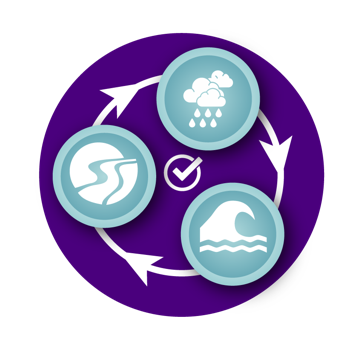
Theme 1 Flood interactions: developing holistic understanding of flooding across all flood drivers and appreciation of the compound effects of different drivers interacting, multi-hazards (flood clustering with other hazards) and wider impacts (e.g., environmental, heritage, health, financial stability).

Theme 2 Changing world: understanding how climate change, non-stationarity, uncertainty, dynamic geomorphology, population change, land use, politics, and public perception, affect flood risk.
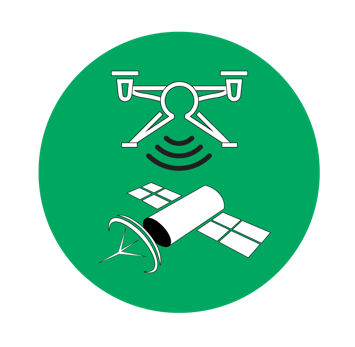
Theme 3 State-of-the-art monitoring: making use of novel in-situ and remote sensing techniques (e.g., drones, SWOT mission, fibre optics, Long Range Wide Area networks) for mapping flood dynamics and damage, validating hazard forecasting services and monitoring the condition and performance of flood defences to enhance the National Network of Regional Monitoring Programmes.
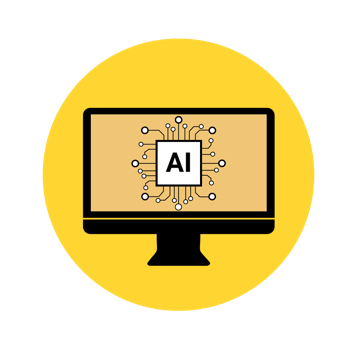
Theme 4 Innovative modelling and data analysis: enhancing coding and predictive capability (e.g., forecasting), use of machine learning and Artificial Intelligence, innovating in computational modelling in physical and social sciences, big data analysis and citizen science.
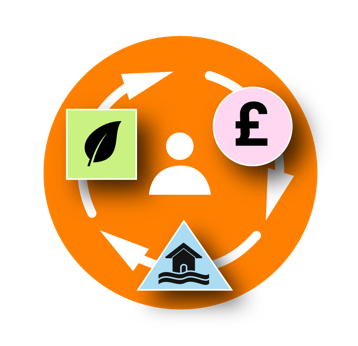
RT5 Natural, adaptative and cultural management: implementation of nature-based solutions and adaptive approaches for managing flooding in a low carbon economy, in conjunction with environmental and biodiversity enhancement, spatial planning, and financing of flood adaptation.

Theme 6 Community engagement, policy and regulation: innovation in co-developing effective understanding, communication and engagement about flood risk and impacts to improve flood preparedness, response and recovery amongst relevant publics, and defining effective policy and regulation across government, insurance, finance and other sectors.
There are 6 main categories that cause flooding
- Fluvial - enhanced river flow
- Pluvial - surface runoff with an urban drainage element
- Coastal - storm tides and waves
- Tsunamis
- Dam failures
- Groundwater
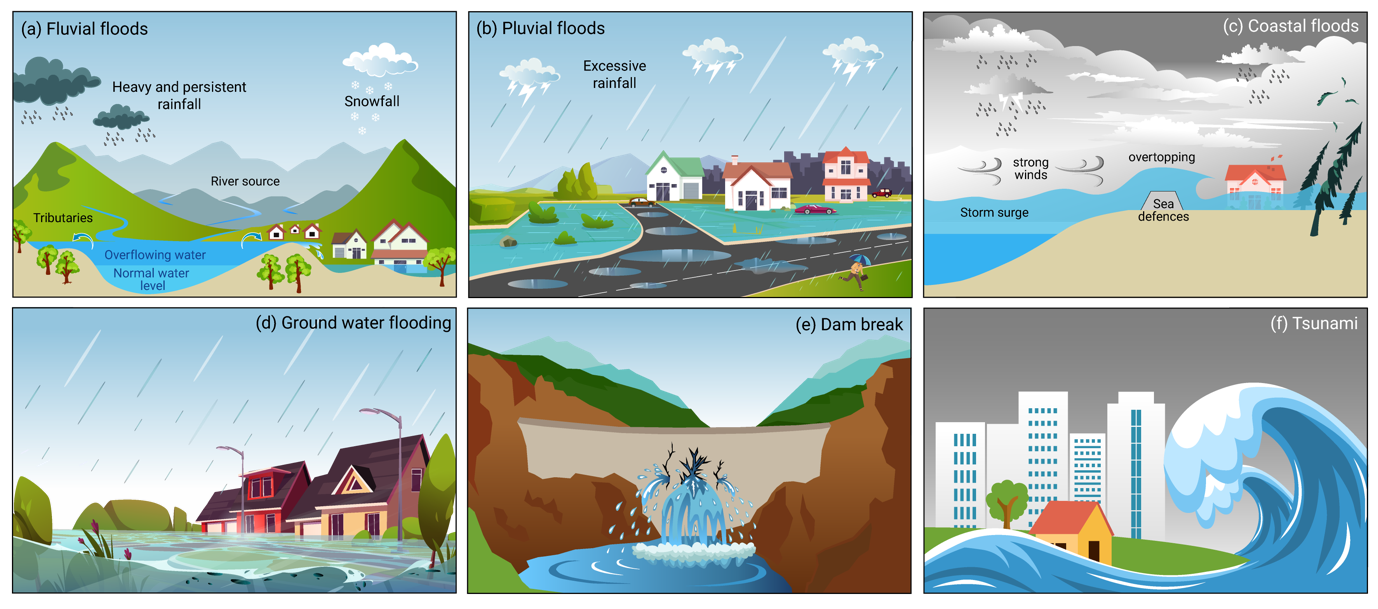
Today, flooding from these six sources affects more than 300 milllion people each year globally and causes annual financial losses exceeding £50 billion. In the UK, flooding is the principal environmental hazard identified in the National Risk Register such that flooding is ranked as the top priority risk after a pandemic.
And yet, flooding will be more challenging to combat in future. Climate change is causing sea levels to rise and increasing the intensity of storms and rainfall, which means floods will happen more often and be more severe. At the same time, more people, homes, and important infrastructure are being built in areas that are at risk of flooding. In addition, the natural habitats that help absorb floodwaters are shrinking, just as many of our existing flood defences are getting older and less reliable.